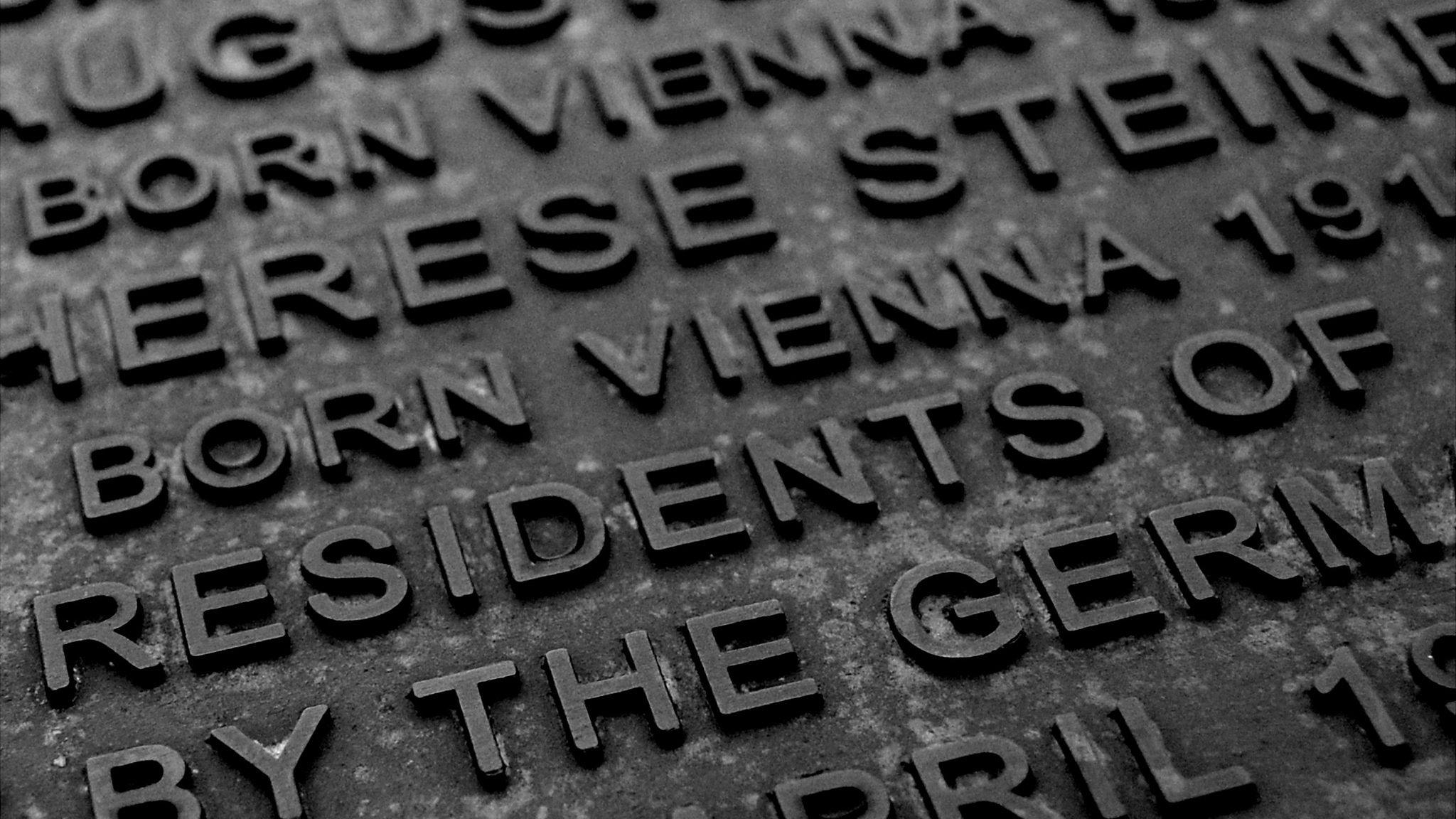Alderney WW2 deaths review aims to put conspiracies to rest
- Published
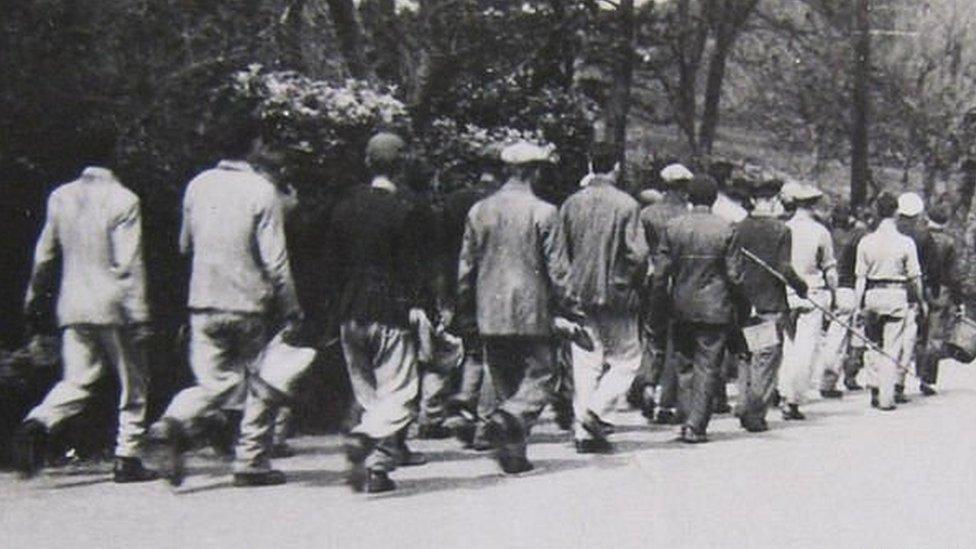
Alderney housed four slave labour sites and a concentration camp
The UK government has appointed a team of experts to determine the exact number of prisoners who died in Alderney during World War Two.
The island had the only Nazi concentration camp on British soil during the wartime occupation.
Lord Eric Pickles, who ordered the review, said 11 experts would identify "the most accurate number of people who died" in the camps.
The official number of deaths is 389, but it could be much higher.
Some historians have claimed the true figure could run into the thousands, or even tens of thousands.
The island housed four forced/slave labour sites, including the concentration camp Lager Sylt.
Lord Pickles, the UK's Holocaust Envoy, said inaccurate claims were a "critical threat to Holocaust memory".
"Numbers matter because the truth matters," he said.
"The dead deserve the dignity of the truth; the residents of Alderney deserve accurate numbers to free them from the distortion of conspiracy theorists.
"Exaggerating the numbers of the dead, or even minimising them, is in itself a form of Holocaust distortion and a critical threat to Holocaust memory and to fostering a world without genocide."
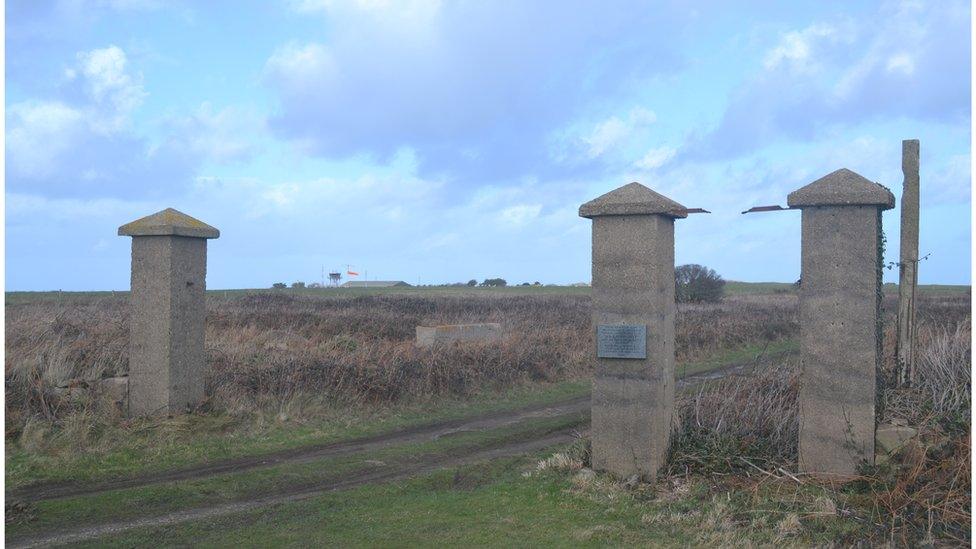
It is not known exactly how many people died in Alderney during the occupation
The UK Holocaust Memorial Foundation said 11 experts from the UK, Germany, Canada and Alderney, external will examine files from archives from across Europe and evaluate submissions from the public to determine the true figure.
They will announce their findings in a report to be published in March 2024.
Lord Pickles added: "I hope this review will put to rest conspiracy theories on numbers and provide lasting dignity to the dead and some peace to the residents of Alderney who continue to remember them at the Hammond War Memorial every year in May."
The terms of reference for the inquiry state the experts will look at historical records on the number of dead in Alderney and review the number of prisoners and forced/slave labourers who passed through the island.
Members of the public are invited to lodge submissions to the review, external by 1 November.

Alderney Occupation
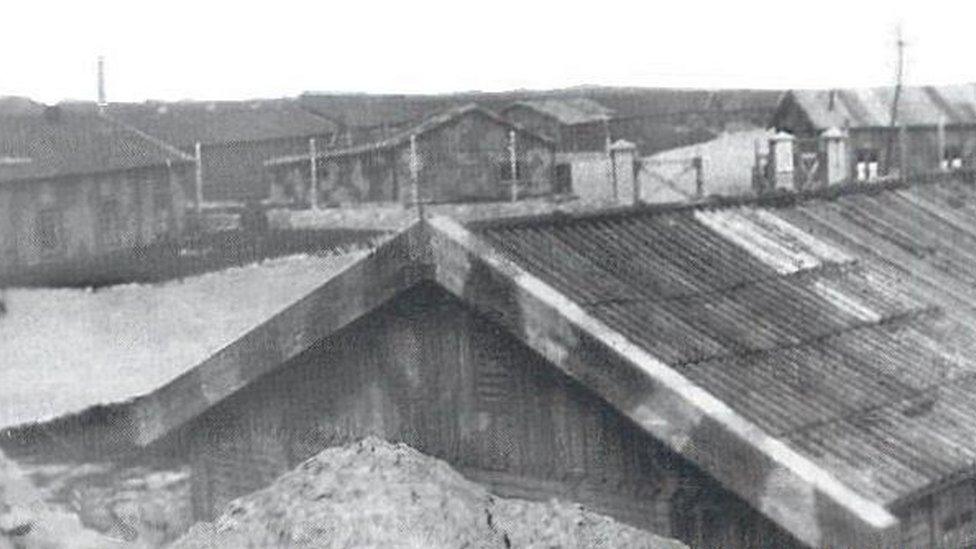
Alderney was almost completely evacuated before the occupation in 1940
Demilitarised in 1940, along with other Channel Islands
Occupied by German forces in June 1940
The most heavily fortified Channel Island as part of Hitler's Atlantic Wall
Nearly all of Alderney's population was evacuated to England
Four labour camps were established - named after the German islands Borkum, Helgoland, Norderney and Sylt

Follow BBC Guernsey on Twitter, external and Facebook, external. Send your story ideas to channel.islands@bbc.co.uk, external.
Related topics
- Published24 July 2023
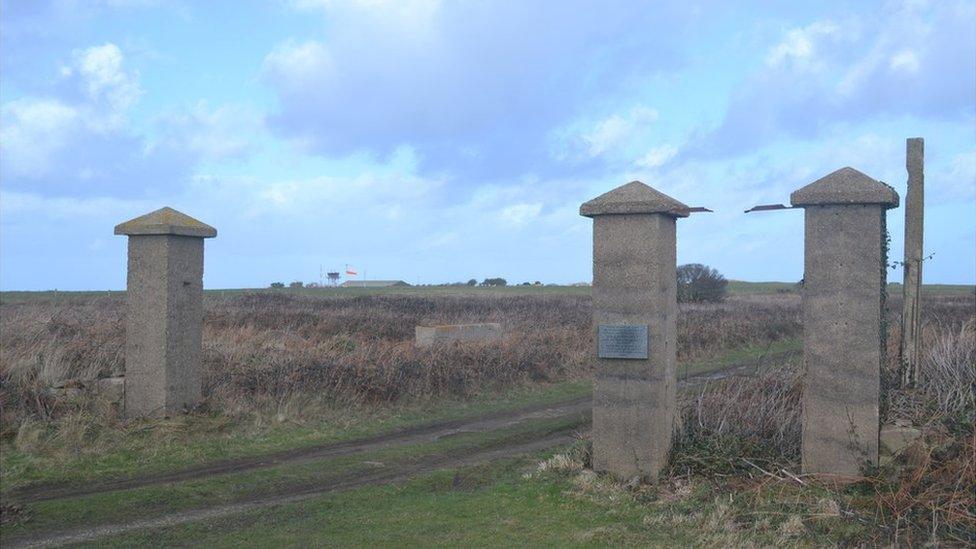
- Published26 August 2021
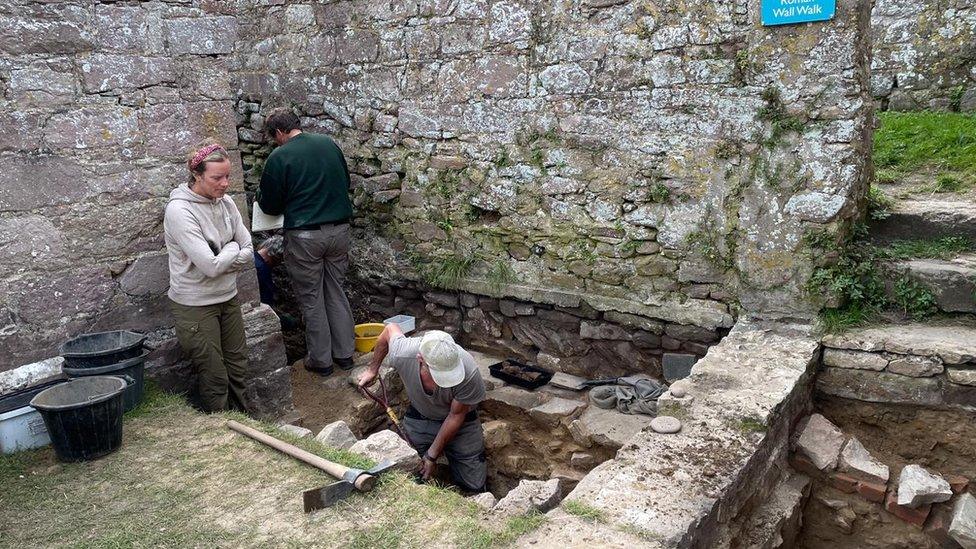
- Published24 June 2021
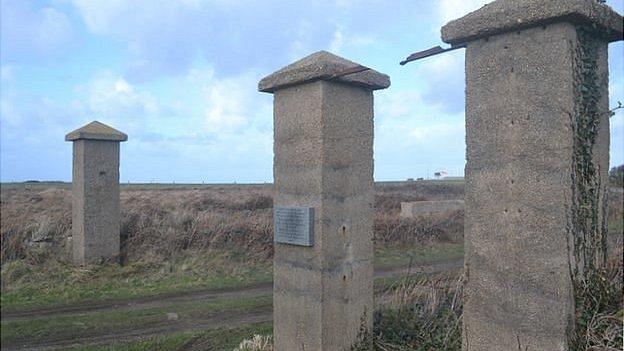
- Published29 November 2016
